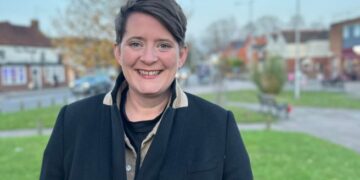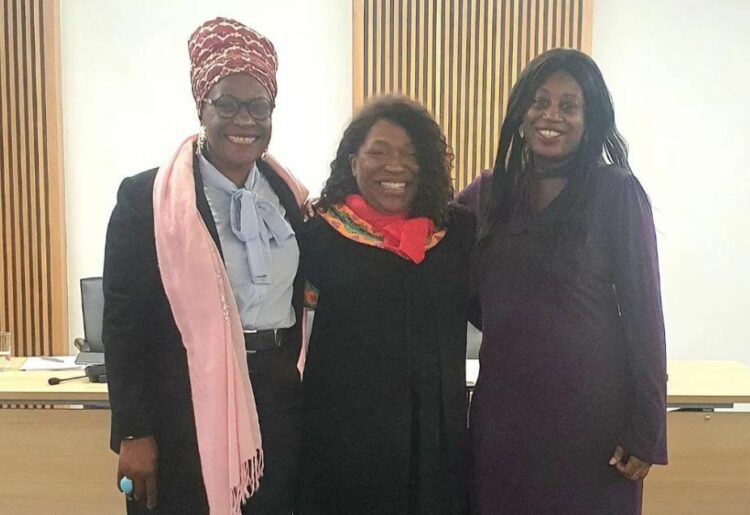Concerns have been raised that caps on benefits are hitting vulnerable larger families in Reading.
In 2017, a two-child limit was imposed on people receiving Universal Credit benefits, with more modest child tax credits being offered as well.
Universal Credit was introduced by the previous Conservative government in reforms to the benefits system.
The changes have led to claims that these rules disproportionately affect larger families, including those in Muslim and Jewish communities.
A call for reform of the system was recently made at a Reading Borough Council meeting.
Councillor James Moore (Liberal Democrats, Tilehurst) said: “These limits have been identified as a significant driver of child poverty, affecting over 1,000 households and 10 per cent of children in Reading as of 2022.
“Families subject to this cap lose £3,455 per year for each child beyond the second, exacerbating financial hardship and contributing to the 28 per cent of children in Reading currently living in poverty.
“Children in poverty are more likely to face mental health challenges, lower educational outcomes, and reduced job opportunities later in life.”
He then stated that there is a link between child poverty and absenteeism from schools, according to the Commons Education Select
Committee, with the Institute for Fiscal Studies projecting that an additional 250,000 children will be affected by these benefits policies this year.
Cllr Moore added: “There is evidence that the policy has also disproportionately impacted Muslim and Jewish communities.
“Unite, Unison, GMB and the NEU are among ten trade unions that have
all called on the Government to reverse the cap.
“In light of this evidence and the potential for 250,000 children to be lifted out of poverty if the policy were removed, what action is the council taking to advocate for Reading families affected by the two-child limit?”
Wendy Griffith, lead councillor for children, laid out how the council is supporting families, particularly through the holiday activities and food (HAF) programme, which has helped families out by providing food and activities to children over the school holidays.
She said: “98 per cent of schools across Reading are connected with the council’s HAF programme.
“Between March 2023 and December 2024, a total of around 4, 500 unique children had attended over 18,600 HAF sessions delivered across Easter, Summer, and Christmas holiday periods.
“In January, the Government announced that the HAF programme would be extended for 2025.”
Cllr Griffith also said the council is helping families out through the Household Support Fund, which is provided in rounds throughout the year.
She explained: “During 2024/25, cost of living vouchers worth £250 have been sent to over 4,000 households within the borough who have children who receive Pupil Premium Free School Meals.
“Low income households have also been able to apply for a cost-of-living payment from the Household Support Fund, with approximately £500,000 being paid out to local residents during 2024/25.
“The council has also provided over £200,000 to local voluntary and community organisations to enhance their provision of direct support to low-income families within the borough.
“Last year the Government announced that the Household Support Fund would be extended until October 2025.”
The exchange took place at the full council meeting on January 28.
























